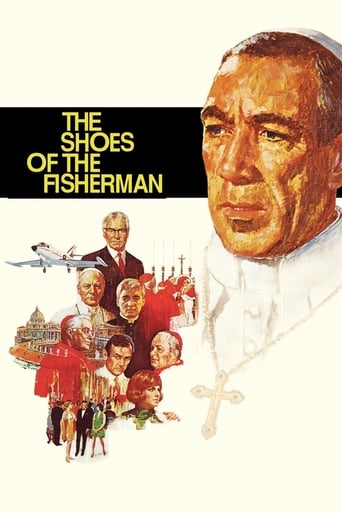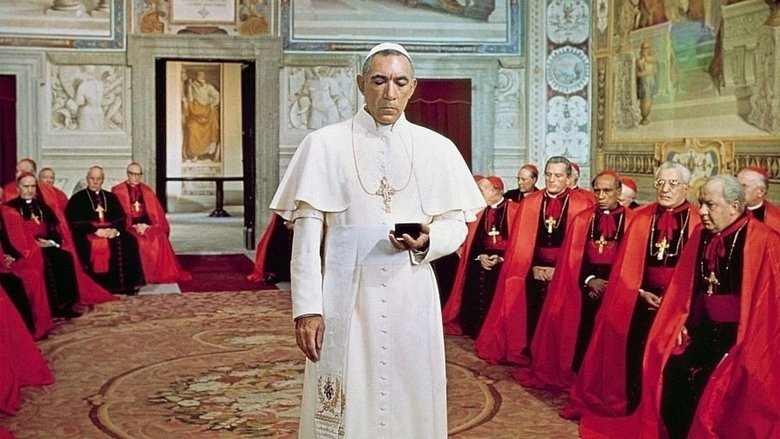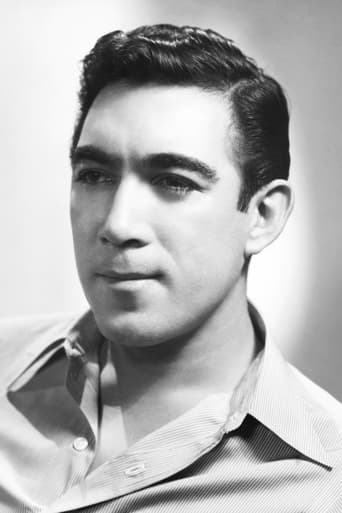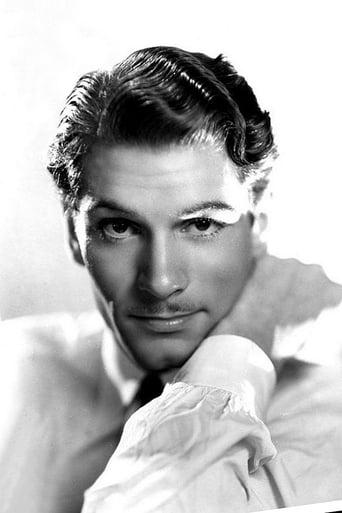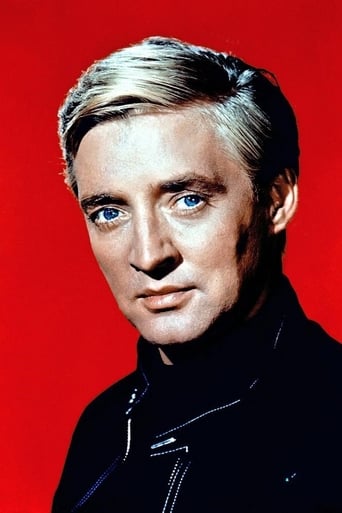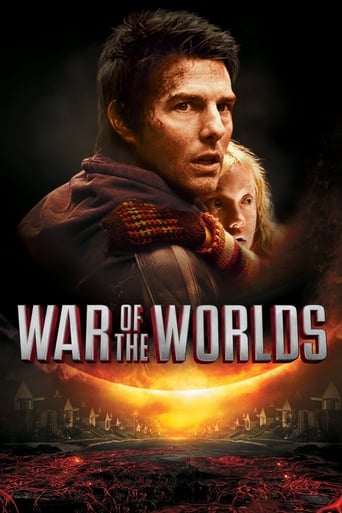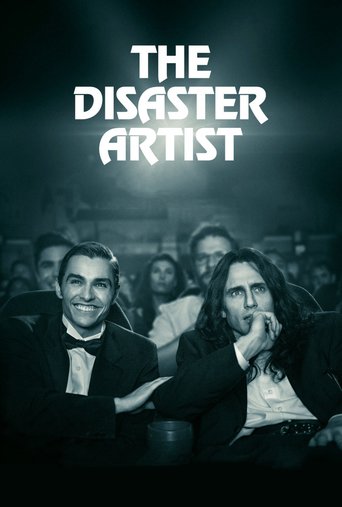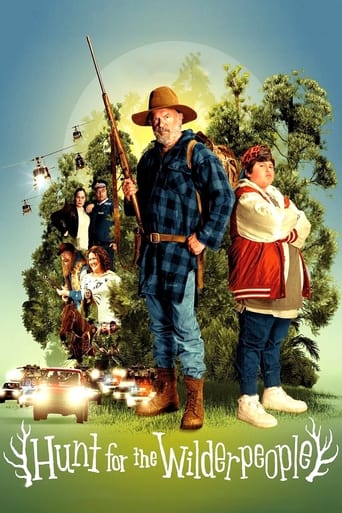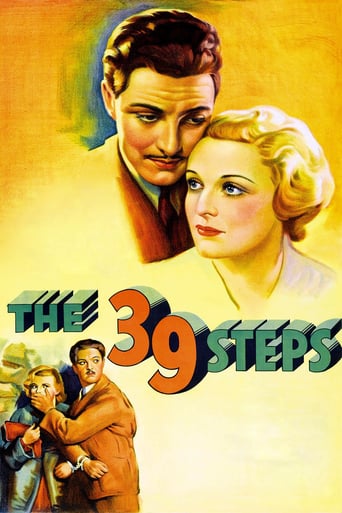The Shoes of the Fisherman (1968)
All eyes focus on the Vatican, watching for the traditional puffs of white smoke that signal the election of the next Pope. This time much more is at stake. The new pontiff may be the only person who can bring peace to a world on the brink of nuclear nightmare.
Watch Trailer
Cast


Similar titles
Reviews
Morris West's novel carries an element of prophecy but the film is far too heavy in every department to, ultimately, be taken seriously and yet you do. I did. Anthony Quinn is a credible Kiril, the priest who survived years in a Siberian prison to become Pope. There is enough humanity in Quinn to make that leap in our hearts and minds - that is a massive plus in favor of this huge super production - Laurence Olivier tries a new accent as the Russian premiere and okay but when the Chinese Chairman is played by Burt Kwouk - you know Kato in the Pink Panther movies - I had to readjust myself and start from scratch. Oskar Werner belongs to another movie altogether but he's wonderful as the priest questioning his faith. Vittorio de Sica and Leo McKern play two Cardinal/Politicians with saintly ambivalence but it is the soap opera outside the Vatican that drags the movie out of everywhere. David Janssen, famous then because TV's "The Fugitive" looks really uncomfortable. Alex North provides a respectful and resounding score. The long sequences about Vatican procedure are priceless and I will recommend it because here I am, weeks after I've seen it, thinking about it which means I've enjoyed it more than I should have. What a ridiculous thing to say, right? Right.
Kiril Lakota is a Soviet Catholic Archbishop which is elevated to cardinal after years in a Siberian penal colony, managing to be elected pope shortly after. Consumed by his own insecurity, he will have to deal with a divided church and a changing world. Directed by Michael Anderson, this epic film has a screenplay by John Patrick and James Kennaway. The cast is headed by Anthony Quinn, Vittorio De Sica and Laurence Olivier.For the most inattentive viewer, this film will seem just a tour through the ancient Catholic liturgy, prior to the Second Vatican Council. Masses in Latin, priests back to the community, a huge imperial solemnity and majestic surrounding the Pope... But this film can be much more than that. Its a journey across the soul of a man who chose to be true to his faith and his ideas, supporting the price of that and not letting down by loneliness, hunger or the whip.The script is excellent and it was done carefully, as well as the dialogues, which have something philosophical and profound. However, the film elongates too much in Catholic liturgical ceremonies, making it too overwhelmed, as if the audience had gone to attend a Mass and not a movie. I think this part of the film is important and needs to be displayed and explained, but could have been shortened, even though that time was then wisely spent in an attempt to deepen the plot around the Chinese crisis or the sub-plot surrounding George Faber's marital life. This plot was so sadly inserted that ends up clashing the movie, as if it had been fitted to the hammer. The editing of the film could also have been better, seeming illogical and disorderly at several times.The actors met very well with their roles, but there are two that deserve all the highlight: Oskar Werner shone in the role of Father Telemond, a philosopher priest, freethinker, contrarian and almost subversive, portraying very well the divisions within the Church that had led to the Second Vatican Council (closed a few years before this film was shot); and of course, Anthony Quinn, an actor who achieved in this film, perhaps, one of the most remembered works of his career.The soundtrack, by Alex North, was excellent and is worthy of being remembered. The costumes fulfilled their role correctly and without errors.A very curious fact: this film was inspired by Morris West's novel, with the same name, written in 1963. As this film, the novel spoke about the election of a Soviet pope. Coincidence or not, in 1978, was elected John Paul II, Cardinal Archbishop of Krakow, a Polish city integrated in the Soviet Union at that time.
A political prisoner rises to the status of Pope and therefore wears "The Shoes of the Fisherman," the fisherman being Saint Peter, the first pope, in this 1968 film, which is set in a future time. The source material is the novel of the same name by Morris West.Ukranian Archbishop Kiril Lakota (Anthony Quinn), a political prisoner working in Siberia, is set free and brought to Rome by Father David Telemond (Oskar Werner), a controversial priest. Lakota impresses the Pope (John Gielgud), who makes him a Cardinal. At the time, China and the Soviet Union are nearing war, exacerbated by a famine due to trade restrictions against China by the U.S.When the Pope dies, the search begins for a new one. Ultimately Lakota is named Pope, Pope Kiril I. He has a weighty job ahead of him. He must deal with Father Telemund's provocative writings and, at the same time, prevent World War III! "The Shoes of the Fisherman" is an excellent film with a wonderful performance by Quinn as a man whose life experience must now come into play as Pope. The film is loaded with Catholic tradition, including the rituals involved with finding a new pope. We are walked through them by a TV reporter on the scene, played by David Janssen.The story also deals with the church's tremendous wealth and gets into theological discussions, as the passionate Father Telemond argues his beliefs. In this role, Oskar Werner gives an intense portrayal of Father Telemund.The film is somewhat prescient, since we had a Polish pope who came in as the Berlin Wall came down."The Shoes of the Fisherman" boasts an all-star cast which, besides those already mentioned, includes Laurence Olivier, Vittorio de Sica, Leo McKern, and Barbara Jefford. Well worth seeing if Catholic tradition and theological discussion interest you.
This film raced his time before ten years because of the oracle it said about the script of this film that in one day it will come the time of taking the position of Pop from another country not from Italy by elected the Russian priest in the palace of Pop and this event was made after ten years from the making of this film in 1978 after the election of choosing POp John the second the polish priest as first one not from Italy took this place after his successful mission of destroying the communist in Poland before Leig Vaonsa the president of Poland who was put the end of communist in Poland in 1983 the year of awarded Nobel prize in peace. Anthony Quinn succeeded in this role by the brilliant comments from the priests of Vatican that he studied this role in a goodly way by using his wide culture for showing the right sides of Pop of catholic Christians around the world and his comments from his face was the great evidence of his greatness as good actor in the twentieth century.

